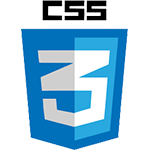
What is E-Commerce Website?
An e-commerce website is a digital platform that enables businesses to sell products or services online to customers. It allows users to browse through a catalog of items, add products to a virtual shopping cart, and make secure online payments. E-commerce websites facilitate the entire buying process electronically, from product selection to order fulfillment, making online shopping convenient and accessible to consumers worldwide.
The need for an e-commerce website arises from several factors, which have made it an essential component for businesses in the modern digital landscape.
Overall, an e-commerce website has become crucial for businesses to stay competitive, expand their reach, and cater to the changing preferences and behaviors of modern consumers who increasingly prefer the convenience of online shopping.


























